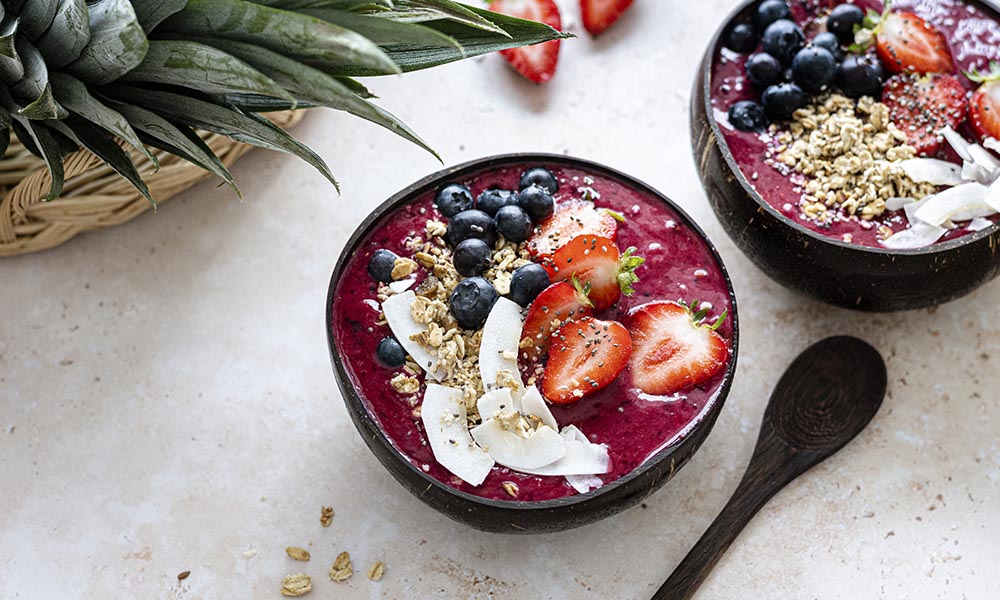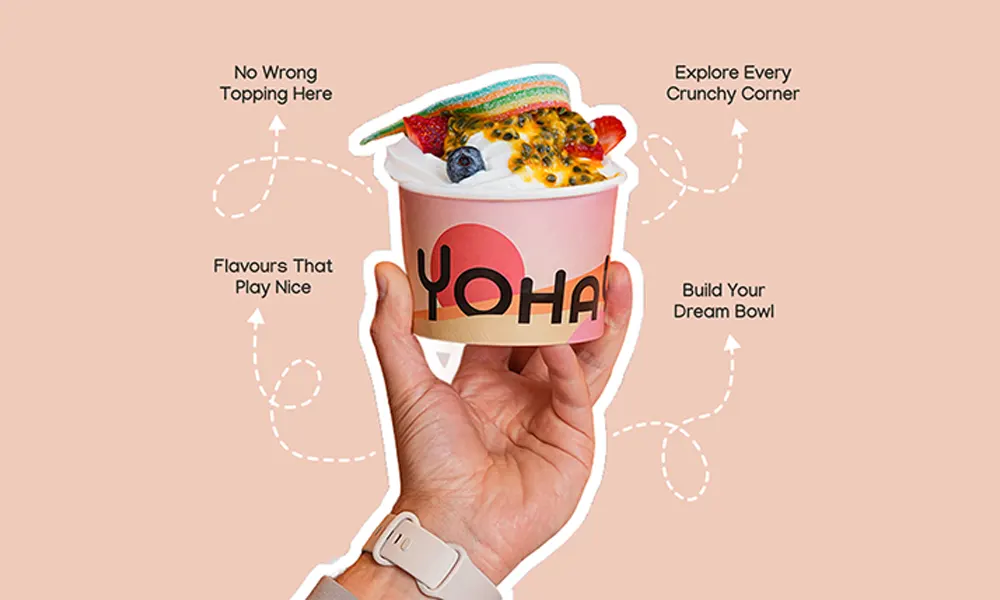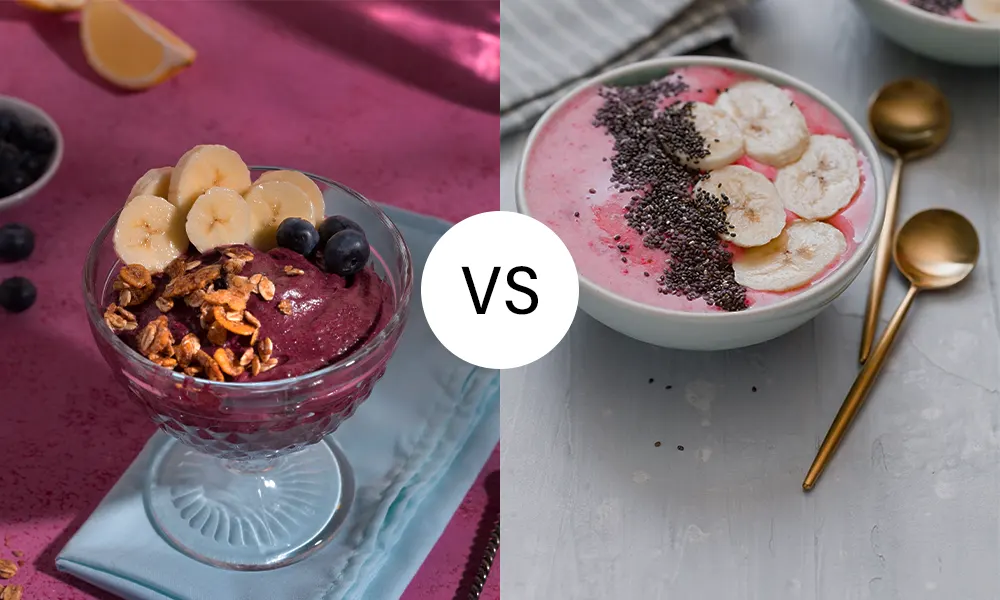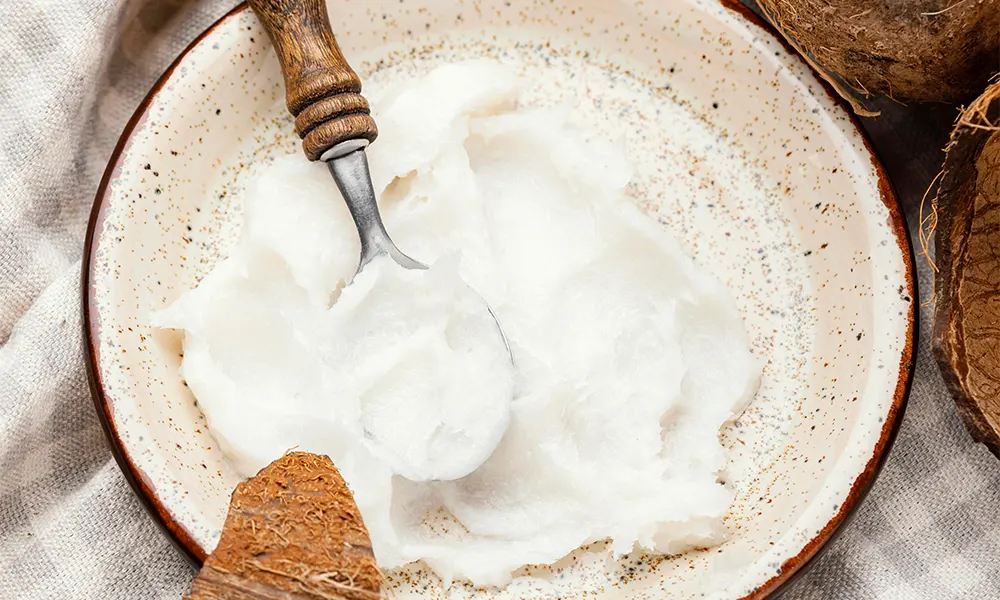If you’re on a health kick or exploring superfoods, acai berries have likely piqued your interest. These vibrant purple berries are celebrated for their nutritional value, but one pressing question lingers for many: Is acai gluten-free? For individuals with gluten sensitivities or coeliac disease, ensuring food safety is paramount. Let’s delve deep into the topic, breaking down the gluten-free status of acai and offering tips to safely incorporate it into your diet.
Acai and Gluten
Acai berries, native to the Amazon rainforest, are inherently gluten-free. They are packed with antioxidants, fibre, and healthy fats, making them a sought-after ingredient for smoothies, bowls, and supplements. Gluten, on the other hand, is a protein found in wheat, barley, and rye. While acai itself is naturally gluten-free, processed acai products can sometimes pose risks.
Understanding these risks is crucial to answering the question: Is acai gluten-free? Let’s explore potential sources of gluten contamination.
Hidden Risks: Gluten Contamination in Acai Products
Pure acai berries are gluten-free, but processed forms such as powders, frozen purees, and ready-to-eat bowls may be compromised. Here’s why:
- Cross-Contamination:
Many acai products are processed in facilities that handle gluten-containing items. Without stringent cleaning protocols, traces of gluten can contaminate acai products. - Added Ingredients:
Pre-packaged acai products often contain added thickeners, sweeteners, or flavours. Ingredients like malt extract, modified food starch, or barley-based additives can introduce gluten. - Packaging Practices:
Although rare, gluten contamination can occur during packaging if shared equipment or storage is used for multiple products.
While these risks don’t affect all products, they emphasise the need for careful label-checking to confirm whether acai is gluten-free.
How to Ensure Your Acai is Gluten-Free
Selecting gluten-free acai products isn’t as daunting as it seems. Follow these steps to ensure your acai is safe to consume:
- Inspect Ingredient Labels Thoroughly:
Avoid products with vague terms like “natural flavours” unless specified as gluten-free. Common gluten culprits include wheat derivatives, barley malt, and certain starches. - Look for Gluten-Free Certification:
Many brands now carry gluten-free certifications, ensuring their products meet strict safety standards. - Opt for Pure Acai:
Frozen acai pulp or organic acai powder with no additives is your best bet. These are less likely to contain gluten and offer the purest form of the berry. - Choose Reputable Brands:
Brands transparent about their processing and sourcing practices are more trustworthy. Read online reviews and explore their official websites to verify their gluten-free claims. - Contact Manufacturers Directly:
When in doubt, reach out to the brand for clarification about cross-contamination risks or gluten-free protocols.
With these strategies, you can confidently answer, Is acai gluten-free?, when evaluating your options.
The Gluten-Free Acai Market: Top Products
A growing demand for gluten-free foods has led to a surge in trusted acai options. Here are some top gluten-free acai products to consider:
- Pure Acai Powders: Minimal processing ensures these remain gluten-free. They’re perfect for smoothies or baking.
- Frozen Acai Pulp: Ideal for creating homemade acai bowls with full control over added ingredients.
- Certified Gluten-Free Acai Bowls: Pre-packaged bowls from brands specialising in gluten-free foods are convenient and safe.
Final Thoughts
So, is acai gluten-free? The short answer is yes, but vigilance is key. Pure acai berries are naturally gluten-free, but processed products may introduce risks. To enjoy acai safely, always inspect labels, choose reputable brands, and prioritise gluten-free certifications. By taking these steps, you can savour the health benefits of this superfood without compromising your dietary needs.
At Yo Hayo, we’re dedicated to simplifying your journey to healthy living. Whether you’re exploring gluten-free options or diving into the world of superfoods, we’re here to guide you.
FAQs
-
Is pure acai gluten-free?
Yes, pure acai berries are naturally gluten-free. They do not contain wheat, barley, rye, or any gluten-related proteins. However, processed acai products, such as powders, purees, or frozen packs, may have added ingredients or undergo production in facilities that handle gluten-containing products. This can lead to cross-contamination. To ensure you’re consuming gluten-free acai, opt for products that are labelled as “gluten-free” and check ingredient lists carefully. When in doubt, choose unprocessed acai or contact the manufacturer for details about their processing methods and possible cross-contamination risks.
-
Can acai bowls contain gluten?
Yes, acai bowls can contain gluten depending on the toppings and additional ingredients used. While the acai base is typically gluten-free, toppings such as granola, cookies, or certain syrups may have gluten. Cross-contamination at cafes or restaurants can also be a concern. To ensure your acai bowl is gluten-free, confirm with the provider about gluten-free options or prepare your bowl at home using certified gluten-free ingredients. Homemade options allow you to have complete control over the ingredients and minimise the risk of cross-contamination.
-
How can I tell if acai powder is gluten-free?
To determine if acai powder is gluten-free, check the product packaging for a gluten-free certification or label. Look closely at the ingredient list to identify any hidden sources of gluten, such as malt, wheat starch, or non-certified thickeners. Additionally, research the brand’s production processes to ensure the product isn’t manufactured in facilities that handle gluten-containing items. Opting for trusted brands with clear gluten-free statements is a safe choice. When in doubt, reach out to the manufacturer for detailed information about their gluten-free status.
-
What are common sources of gluten in acai products?
While acai berries themselves are gluten-free, the risk of gluten often comes from added ingredients or production methods. Common sources include granola (in bowls), thickeners, flavourings, and preservatives that may contain gluten. Cross-contamination during production or packaging in facilities that process gluten-containing items is another concern. To avoid gluten, look for acai products labelled “gluten-free” and verify the absence of gluten-containing additives in the ingredient list. Opting for pure acai without additional ingredients is usually the safest choice for those with gluten sensitivities.
-
Is acai safe for someone with coeliac disease?
Pure acai is safe for individuals with coeliac disease as it is naturally gluten-free. However, processed acai products may pose a risk if they contain gluten-containing additives or are subject to cross-contamination. People with coeliac disease should always choose products labelled as “certified gluten-free” to ensure safety. Additionally, inquire about the manufacturing processes of brands to confirm that their facilities are free from gluten contamination. Homemade acai dishes using certified gluten-free ingredients are the best way to ensure a safe and delicious experience.





